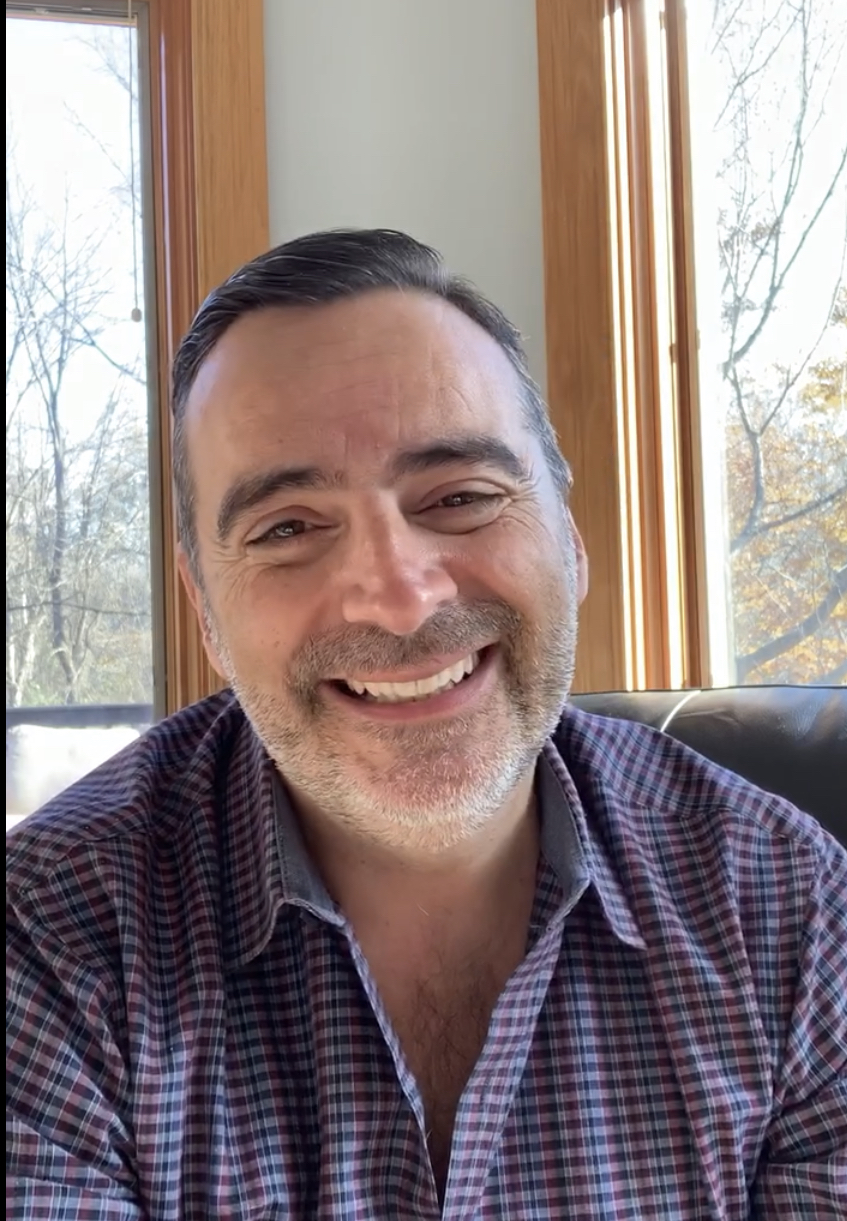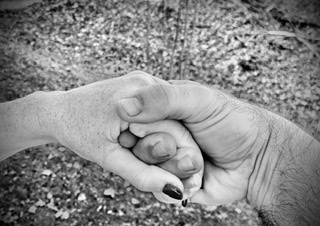Have you ever been laid off? Have you felt discriminated as a woman leader or leader of color? Have you ever had to cope with stress related to your leadership responsibilities?
Let’s discuss leadership for a minute. I have argued many times that it’s not only different than management, but “big leaders” are not just Presidents or renowned celebrities. Leaders are everywhere: nurses, teachers, social workers, emergency respondents. Like a good friend says, you are a leader if you have one or more follower. My definition is more about what leadership is: it’s a context sport. It’s the craft of setting context / conditions for followers to succeed so shared goals can be achieved. It’s critical that leaders understand what leadership is. It’s not about pushing people to their limits, or just getting the work done. It’s about setting your followers for success, so you can collectively attain the goals of your shared vision. Leadership is highly human because followers are humans. And as perfectly imperfect, humans are not easy or predictable. Like a leader told me once “personnel issues never get old”.
Of all the “leadership development stuff” we go through in our careers, I will never forget this one. I was in my mid 30s, participating in a “leadership camp” that was designed to prepare “the next generation of leaders” in the company I was working for. It was one of those “intensive weeks” with a lot of physical activity and surprise assignments. As a leader, I was supposed to endure and overcome my self doubts, only thinking about concepts like “grip yourself before you have a grip on the team”. I got the message, but they never showed me “how to grip myself”. The week ended with a last day surprise: some of us were assigned to lead a new team for us, one that other leader had for the entire week. In addition to that, the final exercise was all day long, one of those with tough physical tests (like diving blind in a pool to find a key) and mysterious clues to follow. It’s fun but it’s not. Success was not about having fun, but about finishing first. We ended up second. I honestly thought it was great, because there were six teams. Some of my decisions were considered by some members of the team as “not risky enough” (like driving back to a certain point as fast as we could to get something we were missing before going to base). My calculation was “I don’t want to risk the people or a good placement, so I don’t think risking everything is necessary”. During our 360 debrief, with everyone tired, a member of our team said “I would never follow you; you settled for less”. Meanwhile, the leaders of the teams and the ones that were previous leaders would always ask me questions about leadership, and even suggested that I should write a book. As a leader in a new team, I struggled a lot. Interestingly enough, in my actual career, I have landed as executive in teams that were previously established and I handled them much better. However, my reflection after so many years was twofold: Trust in the field of leadership is highly correlated with results, and nobody helps leaders cope with their own fears, concerns and conflicts.
Fast forward to “after” obtaining my doctoral degree in leadership and change. I noticed a myriad of “leadership coaching” (focused on goals, specific improvements and performance) and “mentoring” (“been there, done that, this is what I did” type of relationship). However, my career was telling me that our careers are never linear, in fact, they tend to be quite tortuous; that every leader is different and that you can only take someone else’s experiences with a grain of salt (and always with gratitude).
Leadership leaves wounds. Leadership hurts. We can take it to our personal therapist, but it’s not the same. Coaches are assigned for specific improvements and paid by the company, so it’s hard to express our fears and expose our weak points to someone that will talk to HR or your boss. Mentors may have advice, but they will never be you or be in the same circumstances you are in.
As a leader who suffered all the issues in my opening paragraph, and having struggled a lot about finding my true calling, here it was in front of me for a long time: help leaders heal, get stronger, believe in themselves again and reach their innate greatness. My research on wisdom revealed that we are all born to be wise, and we just need to “fill the chambers” of our wisdom system frequently. Now I use that model that I call “wisdom centered leadership counseling” to help leaders be wiser and equipped with the tools to cope with stress and conflict in connection with their leadership responsibilities, and come back stronger, inspired and more loving to others than ever.
I just needed someone independent and unbiased, not connected to my groups (family, friends, coworkers, supervisors) that would listen to me, encourage me and be on my side. Now I just do that for a living, so young leaders, leaders of color, women leaders, leaders who lost their jobs, and anybody in leadership roles who need to re-energize their leadership greatness can have someone on their side. As I like to say it, this is “one session at a time”.
I hope that society keeps helping leaders to be open and show vulnerability so we can help them be better leaders. Our need for “wise leaders” can’t be compromised, and they must learn how to rise back from adversity and give us their leadership gift.


